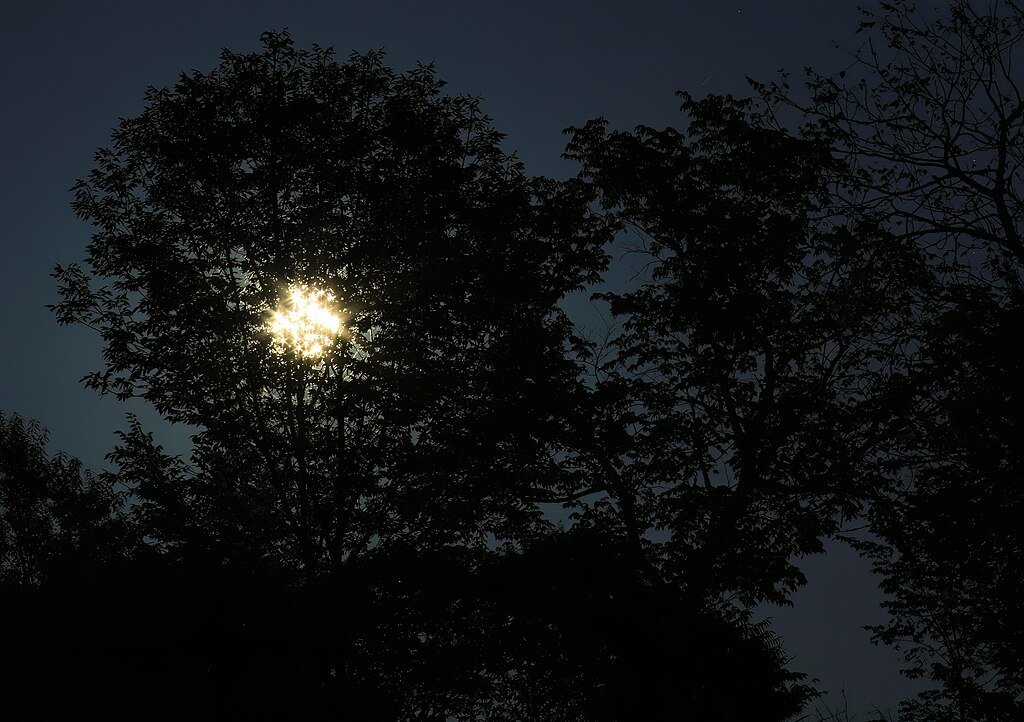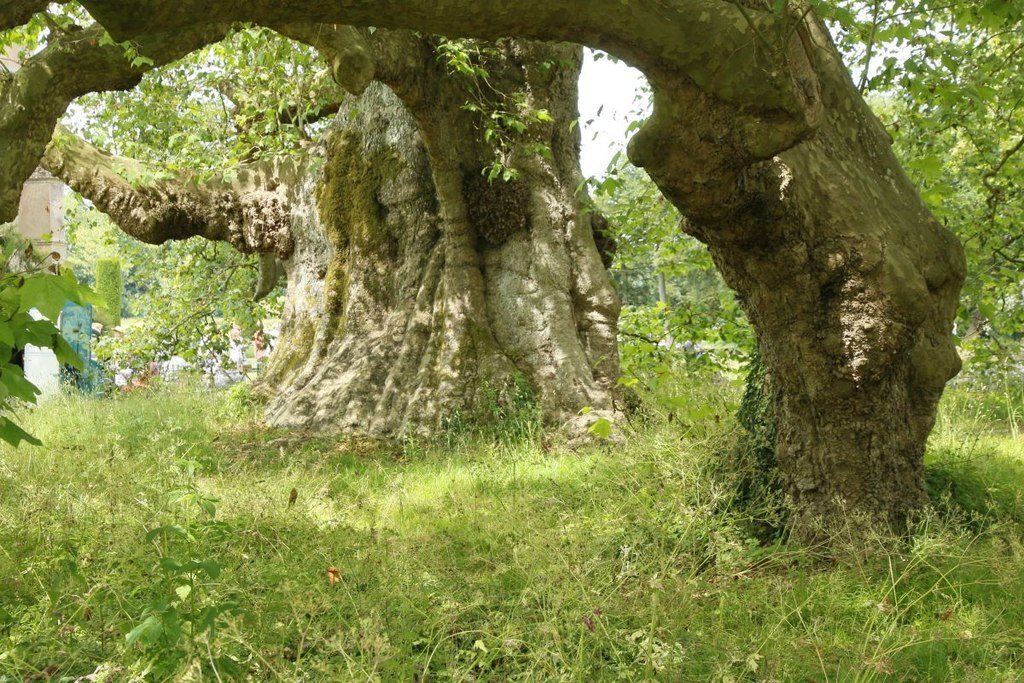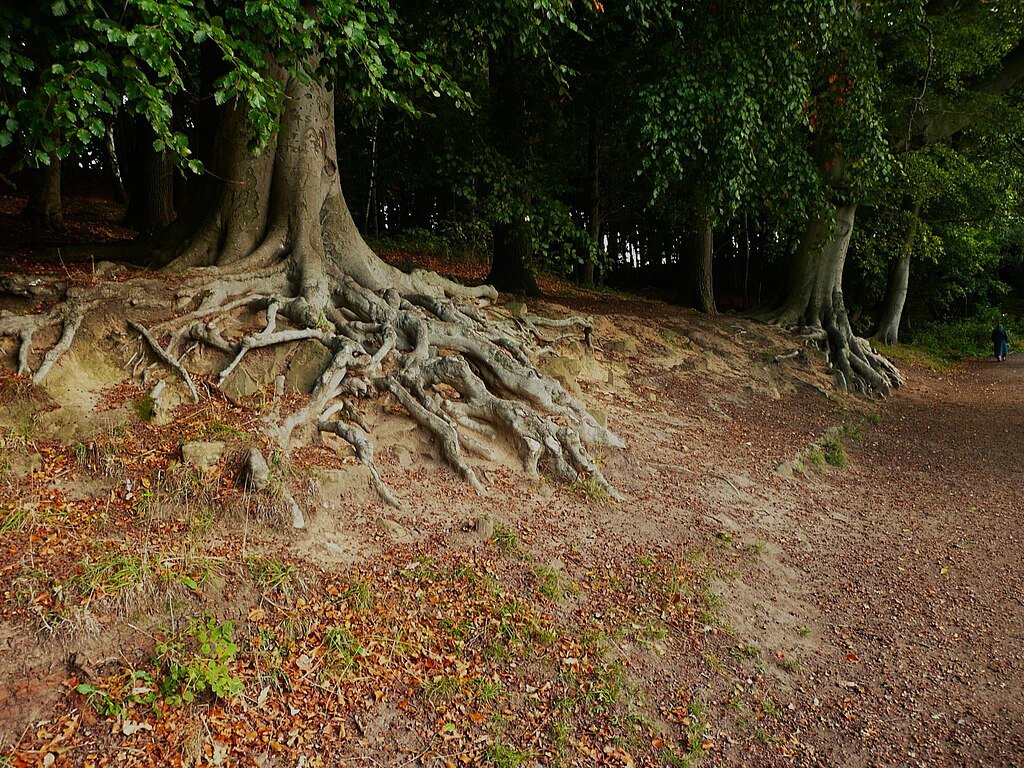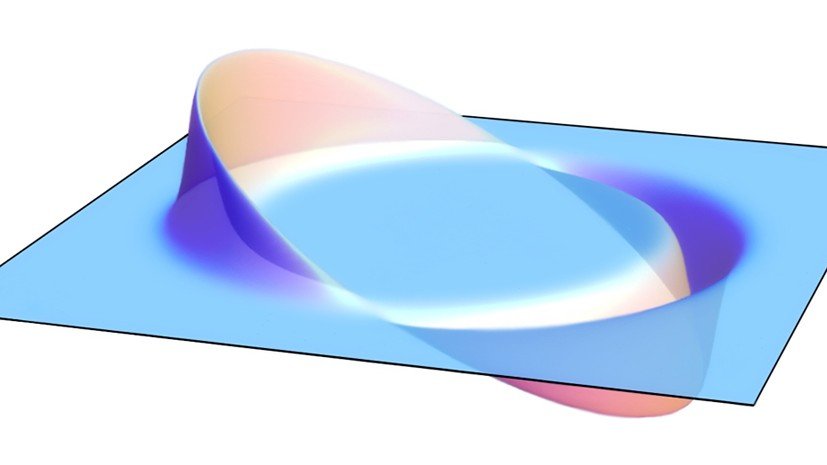When one recent study hinted that trees could “converse” with one another in expectation of a solar eclipse, headlines flashed with the exciting prospect of plant communication. The research, published in Royal Society Open Science, said spruce trees in Italy’s Dolomite mountains had synchronized bioelectric activity hours in advance of a partial solar eclipse bordering on an almost predictive capacity. But as scientists probe deeper, most experts are resisting, critiquing the findings as premature, methodologically unsound, and overhyped with a risk to public safety.
The Study That Sparked the Controversy

The research, led by physicist Alessandro Chiolerio and ecologist Monica Gagliano, monitored three living spruce trees and five stumps using bioelectric sensors. Their data suggested that the trees, particularly the older ones showed synchronized electrical fluctuations before the eclipse, not just during it. Gagliano framed this as evidence of a “coordinated collective system,” implying trees might share information like a forest-wide network.
But critics argue the study’s sample size of just three living trees is far too small to support such sweeping claims. “The paper doesn’t meet basic scientific standards,” says James Cahill, a plant ecologist at the University of Alberta. “With only three trees and over 10 variables tested, you’re almost guaranteed to find some pattern by chance.”
Is This Really ‘Communication’ Or Just Basic Biology?
Plants undeniably respond to light changes, photosynthesis slows at night, and stomata close to conserve water. But does that mean they “communicate” during an eclipse? Cahill dismisses the idea. “If you turn off the lights in a greenhouse, every plant reacts. Is that coordination? No it’s just biology.”
Even the study’s most intriguing claim that trees reacted before the eclipse has a mundane explanation. Plants detect shifts in ultraviolet and blue light before sunrise or sunset, which could explain early bioelectric shifts. “This isn’t special eclipse behavior,” Cahill argues. “It’s just plants doing what they always do.”
The Problem of ‘Memory’ in Trees

Gagliano’s team suggested older trees showed stronger responses, implying a form of “memory.” But with only one young tree (a 20-year-old spruce) in a different location, critics say the comparison is meaningless. “You can’t draw conclusions about age-based memory from one young tree,” says Cahill.
Justine Karst, a forest ecologist, adds: “Without replication, these claims are just speculation.”
A Repeat of the ‘Wood-Wide Web’ Debacle?

The study’s reception echoes past controversies, like the popular but contested idea of a “wood-wide web” where trees supposedly share nutrients via fungal networks. Karst co-authored a 2023 paper debunking much of that theory. “After the wood-wide web fell apart, I hoped journalists would be more skeptical about claims that ‘trees talk,'” she says.
Gagliano, however, stands by her work, calling it a “foundation for broader research.”
Why This Matters for Science Communication
The study’s media frenzy highlights a growing issue: flashy, under-vetted science often overshadows rigorous research. “Papers like this make it hard to do strong science in controversial areas,” Cahill laments.
Even the journal’s reputation is at stake. “The Royal Society has a great history,” Cahill says. “This should not have been published.” In response, Royal Society Open Science defended its peer-review process but emphasized that “post-publication debate is part of science.”
What’s Next? Replication Or Retraction?
Replication is the only way to resolve the controversy, though. If subsequent researchers replicate the results with bigger samples, it might revolutionize our comprehension of plant behavior. Otherwise, however, this research might become just one of more than a dozen over promised results that didn’t pan out.
For now, the idea of trees “talking” during eclipses remains more poetry than proven science.
Final Thought: A Lesson in Scientific Skepticism
While the notion of trees whispering secrets before an eclipse is enchanting, science demands more than wonder, it requires evidence. As Karst puts it: “Extraordinary claims need extraordinary proof.” And so far, that proof is still missing.
Sources:

Jan loves Wildlife and Animals and is one of the founders of Animals Around The Globe. He holds an MSc in Finance & Economics and is a passionate PADI Open Water Diver. His favorite animals are Mountain Gorillas, Tigers, and Great White Sharks. He lived in South Africa, Germany, the USA, Ireland, Italy, China, and Australia. Before AATG, Jan worked for Google, Axel Springer, BMW and others.




